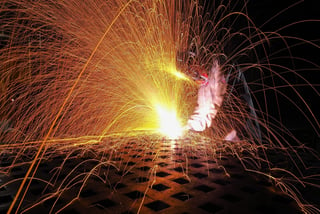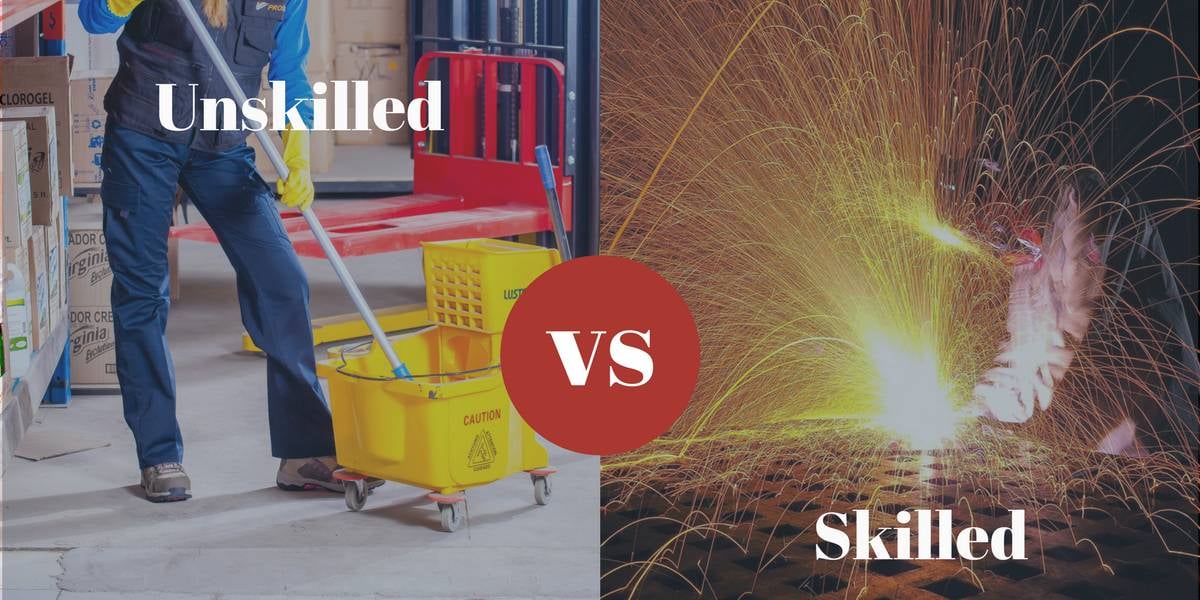What are the differences between skilled labor jobs and unskilled labor jobs? These define different segments that make up the workforce of an industry. Their training, certifications, and experience are different, which leads to different pay scales and benefits.
Skilled Labor Jobs
 It requires workers to possess specific talents that are utilized within an industry. We find work for engineers, welders, electricians, water supply specialists, and many others who need highly specialized training and experience to fulfill particular needs.
It requires workers to possess specific talents that are utilized within an industry. We find work for engineers, welders, electricians, water supply specialists, and many others who need highly specialized training and experience to fulfill particular needs.
It doesn't just do the job either. Sometimes, they can contribute to re-thinking how the job is done and employing new techniques and technologies when suitable.
These workers, of course, command a high wage. They lend businesses expertise, creativity, and efficiency. A business that employs people in the right jobs can gain a significant advantage in its industry.
Skilled Labor Examples:
- Electrician
- Carpenter
- Plumber
- Drywall Hanger
- Pipelayer
Unskilled Labor Jobs
 Unskilled labor simply refers to workers who lack technical training and expertise. These jobs are just as crucial as skilled labor jobs. No engineer will get anything done without workers to implement their plan, for example.
Unskilled labor simply refers to workers who lack technical training and expertise. These jobs are just as crucial as skilled labor jobs. No engineer will get anything done without workers to implement their plan, for example.
Though they usually doesn't have the training requirements of skilled labor, talents for managing, operating machinery, and implementing procedures are still highly valued. This means that unskilled labor must also be matched well to businesses.
Aside from finding work for these type of employees, we also focus on helping unskilled labor find employment options that help them take charge of their job search.
These jobs can still pay well, but the pay scale isn't as high as that of skilled laborers.
Unskilled Labor Examples:
- General Laborer
- Maintenance Worker
- Plumber Helper
- Electrician Helper
- Carpenter Helper
Mixed-Labor
Most businesses must employ a mixed-labor approach, where skilled labor can work on areas of specific expertise, and unskilled labor can keep the business going on a day-to-day basis. A successful company values both their skilled and unskilled labor, and considers finding the right fit in any job a key part of that success.

